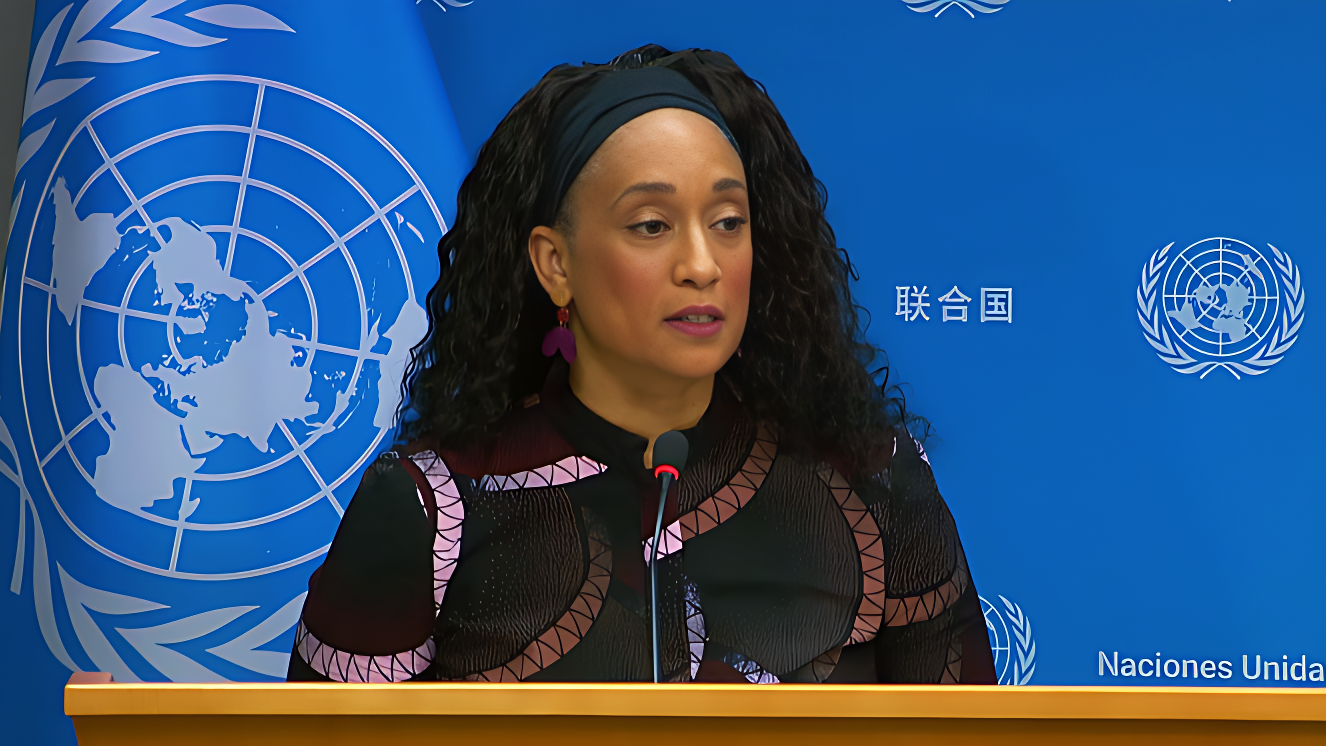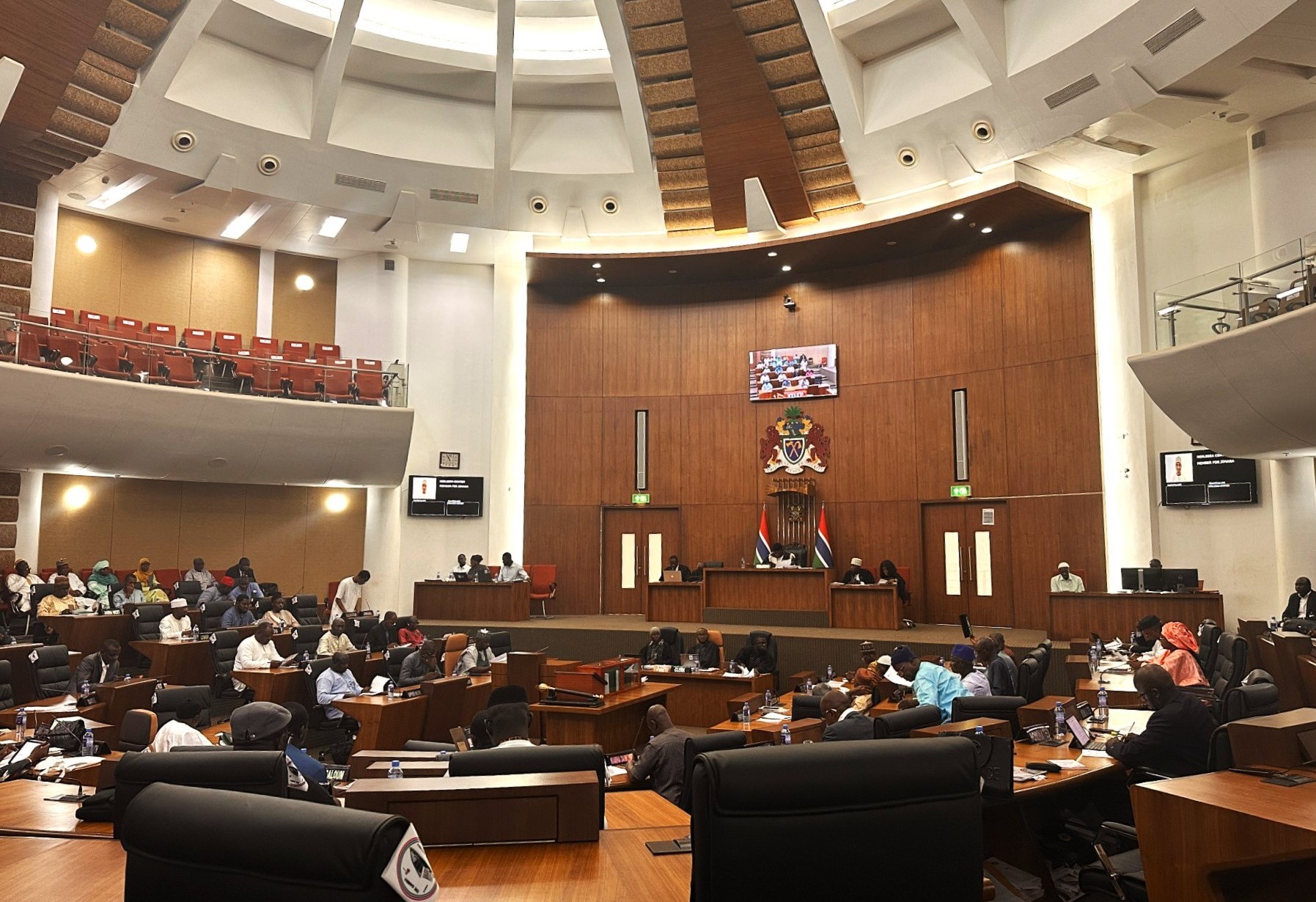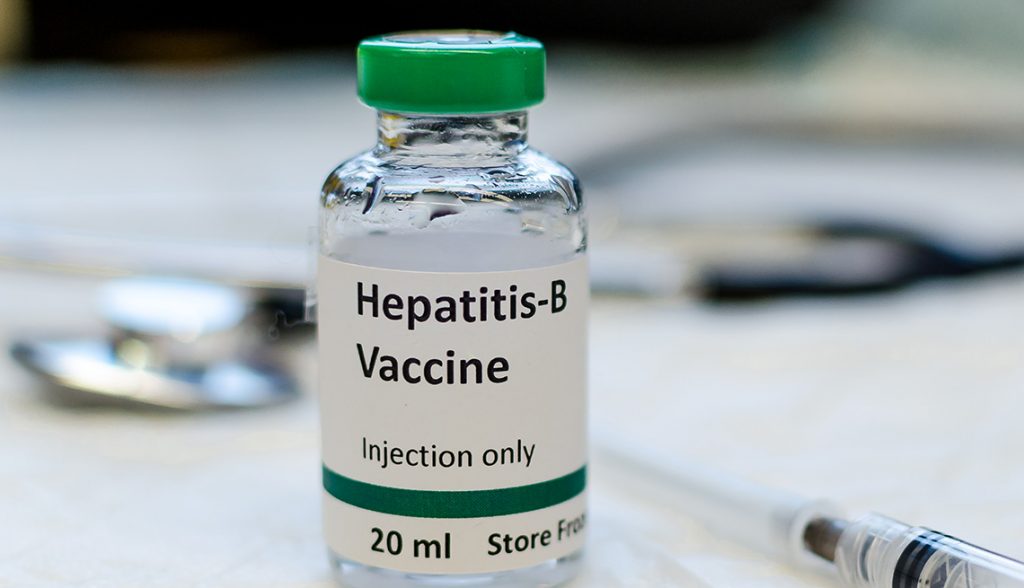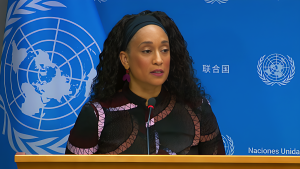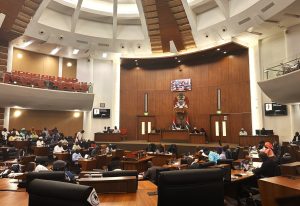Following a study conducted in The Gambia, scientists have developed a cost-effective and effective “Treat All” strategy for hepatitis B treatment in resource-limited countries, particularly in sub-Saharan Africa, by combining simple diagnostic tests with a mathematical model, thereby accelerating the global fight against the virus.
According to the study, a Treat All approach would be too costly for the Gambia, a low-income nation, and its success would be heavily reliant on the population’s acceptance of such an approach and the standard of living for those undergoing therapy.
During the study in The Gambia, a team from the Institut Pasteur collaborated with scientists in West Africa to identify individuals eligible for antiviral treatment. They developed a mathematical model to compare different strategies for assessing eligibility in The Gambia, comparing effectiveness and cost. This was the first such analysis in a low-income country. Access to diagnostic tests is limited in low-resource countries.
Using mathematics to identify a screening model for HBV
“The results of our mathematical model suggest that the most suitable approach in low-income countries is a targeted, simplified strategy using a well-known diagnostic test known as TREAT-B,” a statement from Institut Pateur reports.
The TREAT-B test combines the hepatitis B antigen (HBeAg) and alanine aminotransferase. It can perform just as well as much more “sophisticated” tests in reducing cases of cirrhosis and hepatocellular carcinoma (a form of cancer), and it is much more affordable—the five-year budget is half as much as the budget required for a Treat All strategy.
Hepatitis B, a viral liver disease affecting 300 million people globally, is a major cause of liver cancer and causes 820,000 deaths annually. Despite this, most infected individuals live normal lives, with 12–25% of chronic HBV patients needing treatment.
In order to prevent the development of diseases caused by chronic hepatitis B, early treatment is essential, and diagnosis services must be accessible in all nations. Thus, establishing a patient’s eligibility for therapy is a crucial first step in creating a preventative plan.



